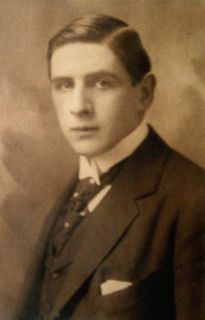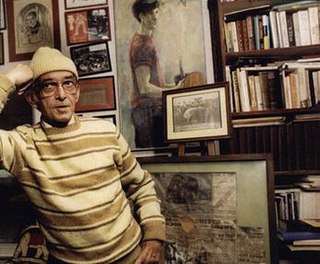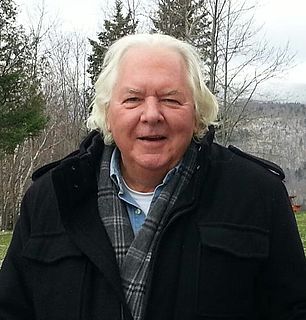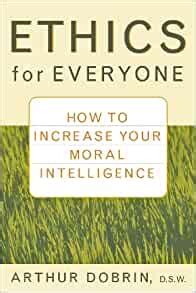A Quote by Hermann Broch
No one's death comes to pass without making some impression, and those close to the deceased inherit part of the liberated soul and become richer in their humanness.
Related Quotes
The desert takes our dreams away from us, and they don't always return. We know that, and we are used to it. Those who don't return become a part of the clouds, a part of the animals that hide in the ravines and of the water that comes from the earth. They become part of everything. They become the Soul of the World.
The Soul is a fact, but it is not physical. ... Survivors of near-death experiences attest that some part of them apparently detaches from their physical bodies following the death of the body, but while that is proof of the soul for them, it does not prove it to us. The Soul is like divine music that only God can hear; it is the force of endless resurrection; the soul is like a fire that never goes out.
That was one of the most fundamental and sacred duties good friends and families performed for one another! They tended the flame of memory, so no one’s death meant an immediate vanishment from the world; in some sense the deceased would live on after their passing, at least as long as those who loved them lived. Such memories were an essential weapon against the chaos of life and death, a way to ensure some continuity from generation to generation, an order of endorsement and meaning.
The biblical lifestyle is always a witness of resistance to the status quo in politics, economics, and all society. It is a witness of resurrection from death. Paradoxically, those who embark on the biblical witness constantly risk death - through execution, exile, imprisonment, persecution, defamation, or harassment - at the behest of the rulers of this age. Yet those who do not resist the rulers of the present darkness are consigned to a moral death, the death of their humanness. That, of all the ways of dying, is the most ignominious.
Those who have been immersed in the tragedy of massive death during wartime, and who have faced it squarely, never allowing their senses and feelings to become numbed and indifferent, have emerged from their experiences with growth and humanness greater than that achieved through almost any other means.
Death is the door from the superficial life, the so-called life, the trivial. There is a door. If you pass through the door you reach another life - deeper, eternal, without death, deathless. So from so-called life, which is really nothing but dying, one has to pass through the door of death; only then does one achieve a life that is really existential and active - without death in it.
Death. To die. To expire. To pass on. To perish. To peg out. To push up daisies. To push up posies. To become extinct. Curtains, deceased, Demised, departed And defunct. Dead as a doornail. Dead as a herring. Dead as a mutton. Dead as nits. The last breath. Paying a debt to nature. The big sleep. God's way of saying, "Slow down."
What is of the nature of spirit and soul must be gleaned from facts belonging to the spirit and soul; we shall then know that in the living thinking which is liberated from the will, a life-germ has been discerned which passes through the gate of death, goes through the spiritual world after death, and afterwards returns again to earthly life.
Life is like a film screen: pictures come, make an impression, go, and then make a place for new pictures with new impressions which obscure the previous ones. Some of those old pictures fade, but the impressions they leave will never pass away. Such an impression is the image of Hein Sietsma -- a joyful Christian who loved life so much but was still willing to give it to the great, good, and holy cause.






































